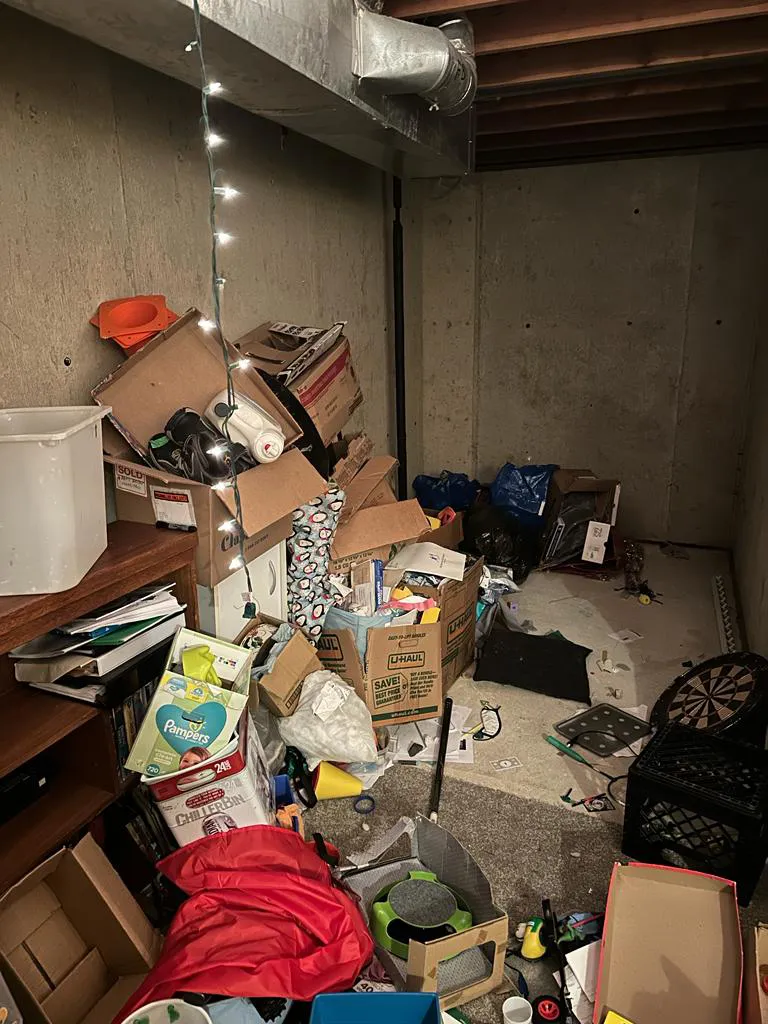
When a tenant leaves belongings behind after moving out of a rental unit, it can be unclear what a property manager's rights and responsibilities are. Handling abandoned property properly is crucial to avoiding potential legal disputes down the road. Here's a guide to navigating this common situation for property managers:
If a tenant leaves belongings in the rental unit after their lease expires or they stop paying rent, the unit may be considered abandoned. A rental unit is typically deemed abandoned if the tenant leaves belongings but removes themselves from the premises. However, property managers should check their province’s residential tenancy laws to understand requirements.
The amount of time a property manager must keep a previous tenant's abandoned belongings varies by province. Generally, residential tenancy laws require retaining tenant property somewhere between 18 and 45 days. The storage location depends on the size and type of items. After adequate time has passed for the tenant to claim their property, the manager may sell or dispose of the tenant's belongings.
If a past tenant contacts the property manager attempting to retrieve abandoned items left behind, the manager cannot deny access within the legally defined claim period. As long as the tenant pays removal and storage fees, they have a right to reclaim their possessions. To avoid disputes, property managers should document all abandoned property thoroughly, including photographs and notes on the items' condition.
First, property managers must send proper notice that they intend to sell or dispose of the tenant's possessions. Typically, a letter listing the items left behind and indicating the date they will discard or sell the property suffices. Landlords can sell abandoned tenant property to cover unpaid rent or disposal costs. Any proceeds beyond the money owed should go to the province's unclaimed property fund.
If a property manager evicts a tenant for lease violations like unpaid rent or property damage, expedited disposal laws may apply to possessions left behind. Still, all rental properties have minimum legal requirements regarding tenants' personal property disposal.
When it comes to leftover belongings, careful documentation and compliance with residential tenancies laws help property managers avoid legal disputes. Managers can effectively deal with tenant turnover by understanding timelines for storage, notification, and disposal. Proper handling of abandoned possessions also minimizes their liability.
To streamline the process and alleviate the burden on property managers, junk removal companies in Winnipeg can be invaluable partners, offering efficient and professional assistance in the proper disposal of abandoned items. By incorporating such services, property managers can enhance their ability to navigate the complexities of abandoned property management, safeguarding both their interests and those of their tenants.